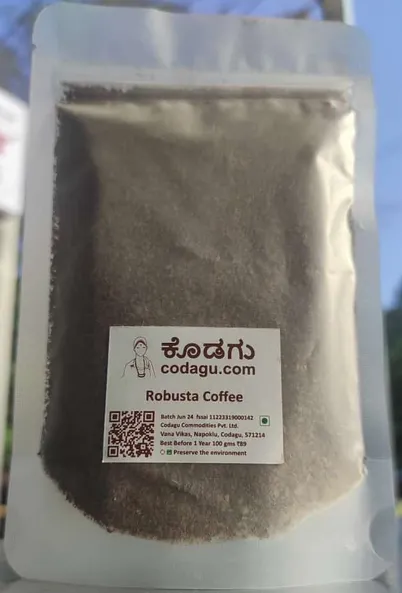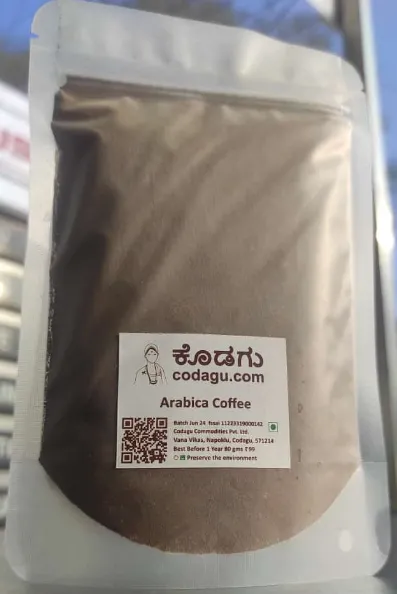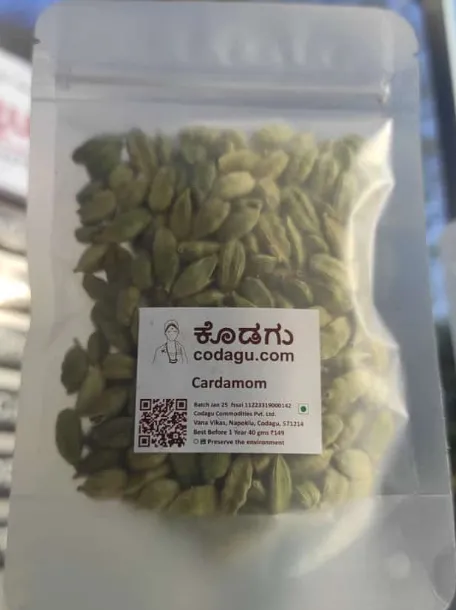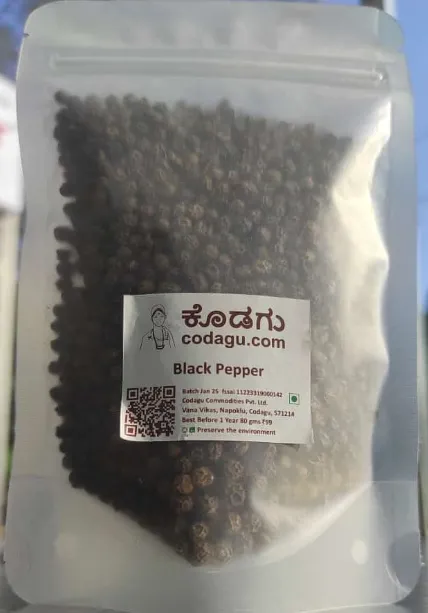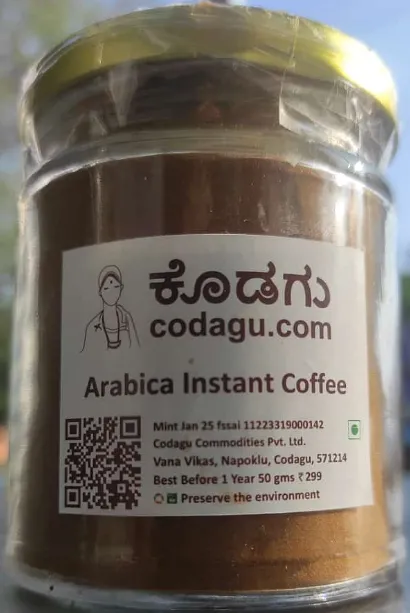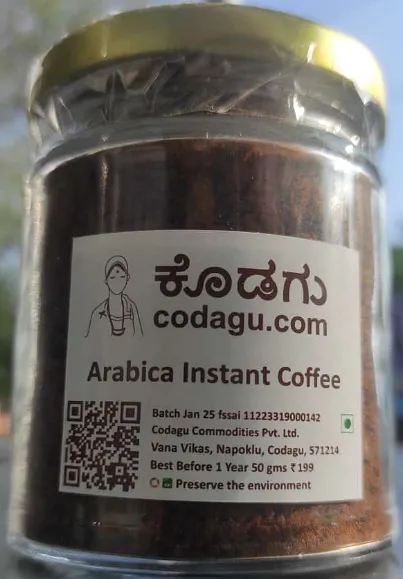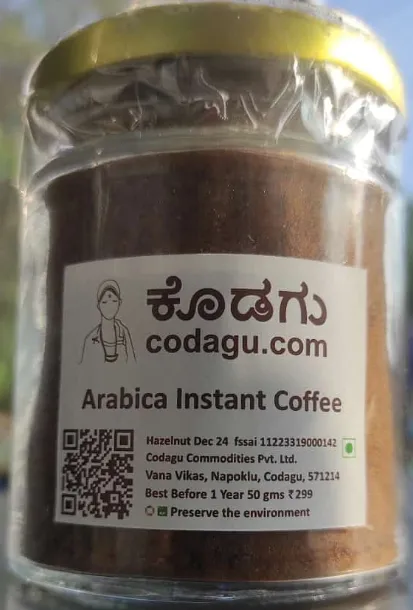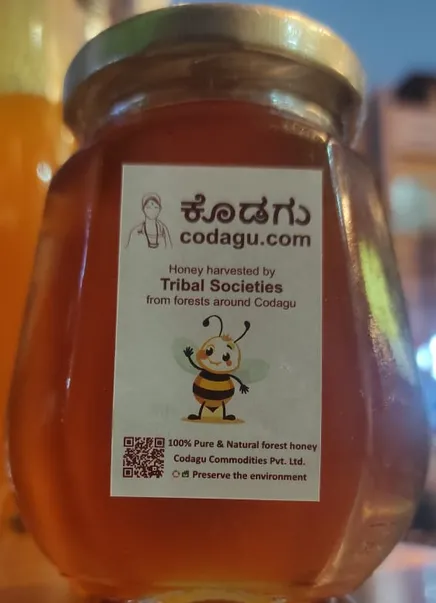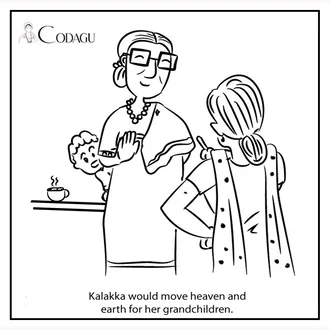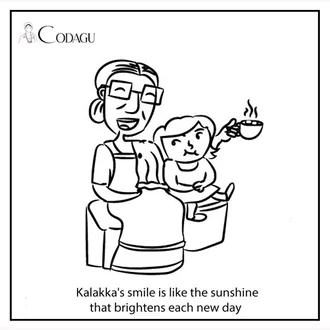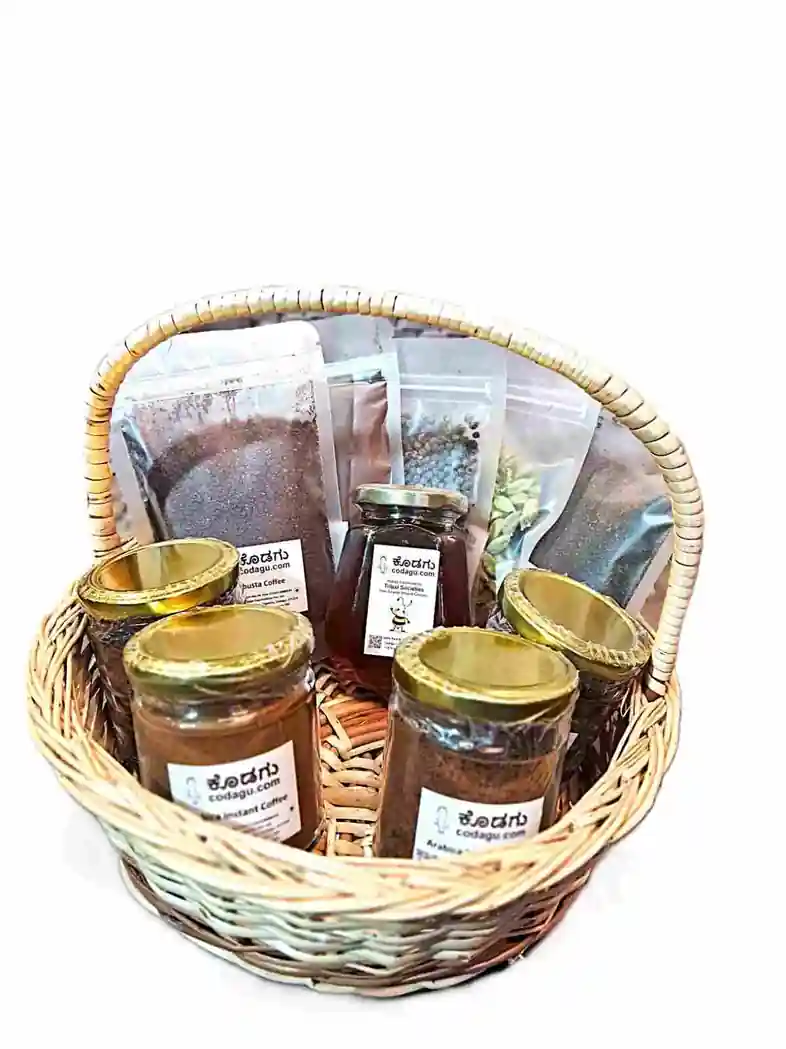Customs And Traditions
The names of Kodava people are characteristic and include a family(clan) name. The clan is central to Kodava culture and families trace their lineage through families. Marriage within a family is discouraged. Kodavas have many cultural differences from other communities in southern India. Though a majority follow Hinduism, Kodavas do not accept Brahmin priests, preferring those ceremonies are conducted by their own elders. The elders of the community help in organizing the ceremonies. The importance of the fire god found in most of the Hindu rituals is usually absent in Kodava culture. Usage of slokas and Vedic chants is also not present. They have distinctive dresses, the men wearing wraparound robes called the Kupya (now mostly seen at ceremonial occasions), and the women with a distinctive style of wearing the sari. The Kodava woman wears a sari with pleats at the back. They have many distinctive practices such as carrying ceremonial knives and martial war dances. The culture also includes communal gatherings where drink, dance, and special meat dishes seasoned with Garcinia are central attractions. They enjoy their weddings.

